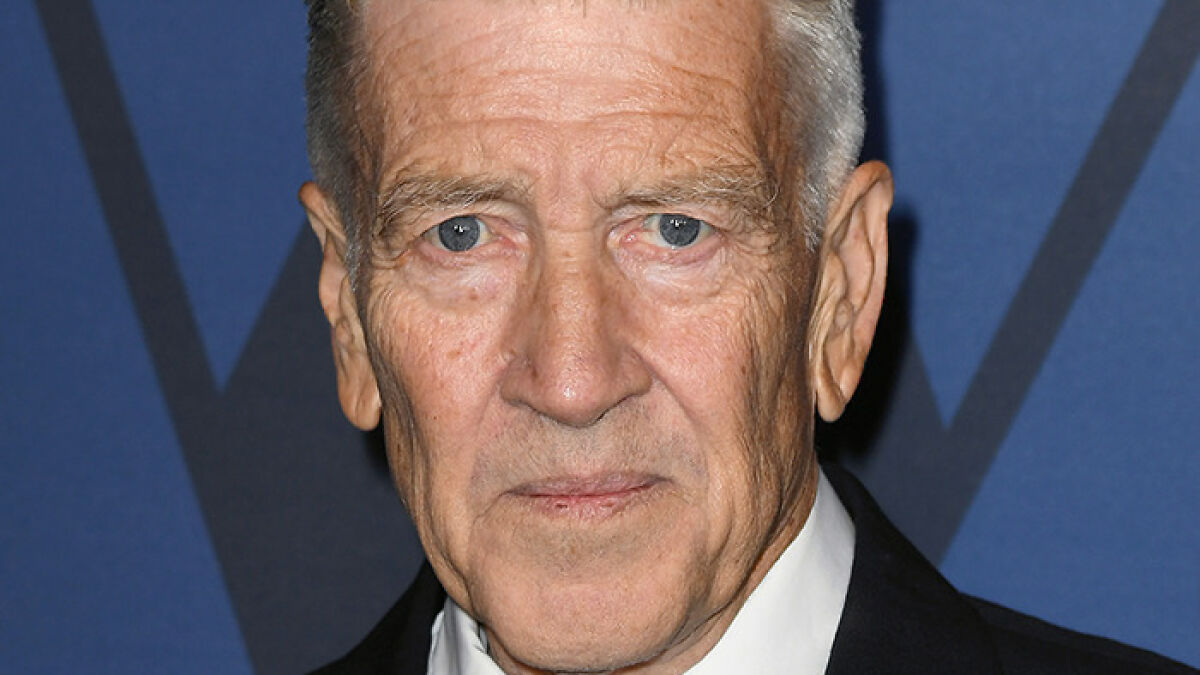
Fans Mourn ‘Twin Peaks’ Director David Lynch After His Passing At 78: “It’s A Beautiful Day”
David Lynch, the beloved director responsible for transforming American cinema and television with his surreal, haunting narratives, has passed away at 78.
The director’s death was announced by his family on social media via a heartfelt message that read: “There’s a big hole in the world now that he’s no longer with us. But, as he would say, ‘Keep your eye on the donut and not on the hole.’”
- David Lynch, iconic director, dies at 78. He transformed cinema and TV with surreal narratives.
- Family announced his death on social media with a heartfelt message.
- Famed for Twin Peaks, Blue Velvet, Mulholland Drive; received honorary Oscar in 2020.
- Lynch's passing comes after a 2024 in which he battled emphysema, an incurable lung condition.
Known for iconic films like Twin Peaks, Blue Velvet, and Mulholland Drive, his career spanned decades, earning him four Academy Award nominations and an honorary Oscar for lifetime achievement in 2020.
“What?! He felt like one of those directors who would always be around. Can’t believe it,” one of his fans wrote, while another said: “I had the same feeling. I thought he’d be around for decades.”
David Lynch’s cause of death was revealed after he passed away at 78 years old
Image credits: Kevin Winter/Getty Images
Image credits: David Lynch
The visionary director’s cause of death was reported to be emphysema, a chronic lung condition that involves the gradual destruction of the air sacs in the organ. He was diagnosed in 2020, and things got progressively worse in 2024.
Emphysema is mainly caused by long-term exposure to irritants that damage the lungs, such as cigarette smoke, air pollution, or chemical fumes. The condition is progressive, a fact that Lynch himself recognized when he revealed his diagnosis that year.
Image credits: FilmIsNow Epic Movie Zone
The director explained that the illness had advanced to the point that he was unable to continue his work. Sadly, there’s no known cure for emphysema, only treatments to manage its symptoms and slow its inevitable progression.
As for future plans regarding his funeral or memorials, they haven’t been confirmed yet, but it’s expected his passing will be mourned in both private services and public tributes that celebrate his acclaimed contributions to the art of filmmaking.
David Lynch combined his passion for painting with the craft of filmmaking, delivering a unique style that captivated audiences
Image credits: ImPerfect Films
David Lynch was born in Missoula, Montana, in 1946. He began exploring his talents as an artist through painting but soon transitioned into filmmaking.
He had brief stints attending the Corcoran School of the Arts and Design in Washington, DC, the School of the Museum of Fine Arts in Boston, and the Pennsylvania Academy of the Fine Arts.
His studies in painting are often attributed to helping him develop his unique style as a filmmaker, allowing him to better understand visual storytelling and approach it from a different angle than his contemporaries.
Image credits: Oscars
Lynch made his debut with 1977’s Eraserhead, a dark comedy that gained a cult following on the midnight movie circuit.
He followed three years later with 1980’s The Elephant Man, a deeply moving drama about John Merrick, a disfigured man in Victorian England. The film was a massive success, catapulting Lynch to fame with eight Oscar nominations, including Best Director.
Lynch made his TV debut with 1990’s Twin Peaks, a 14-time Emmy-nominated series that revolutionized the medium
Image credits: Scott Dudelson/Getty Images
Lynch followed up his critical success by adapting a book series to film with 1984’s Dune. Two years later, he would debut 1986’s Blue Velvet, a visceral depiction of violence and psychological terror in small-town America.
Lynch received the new decade by venturing into television with Twin Peaks, co-created with Mark Frost. The show captivated audiences with a blend of supernatural elements, mystery, and eccentric characters.
The series was nothing short of a cultural phenomenon, earning 14 Emmy nominations and marking a before-and-after for episodic television.
Image credits: Ernesto Ruscio/Getty Images
Lynch continued creating films that explored the darker sides of human nature over the next years of his career.
Works like 1997’s Lost Highway, 2001’s Mulholland Drive, and 2006’s Inland Empire, continued pushing the boundaries of the medium, earning him accolades and praise.
His family ended the statement announcing his death with a positive message for his fans:
“It’s a beautiful day with golden sunshine and blue skies all the way.”

 Dark Mode
Dark Mode 

 No fees, cancel anytime
No fees, cancel anytime 



























































32
2